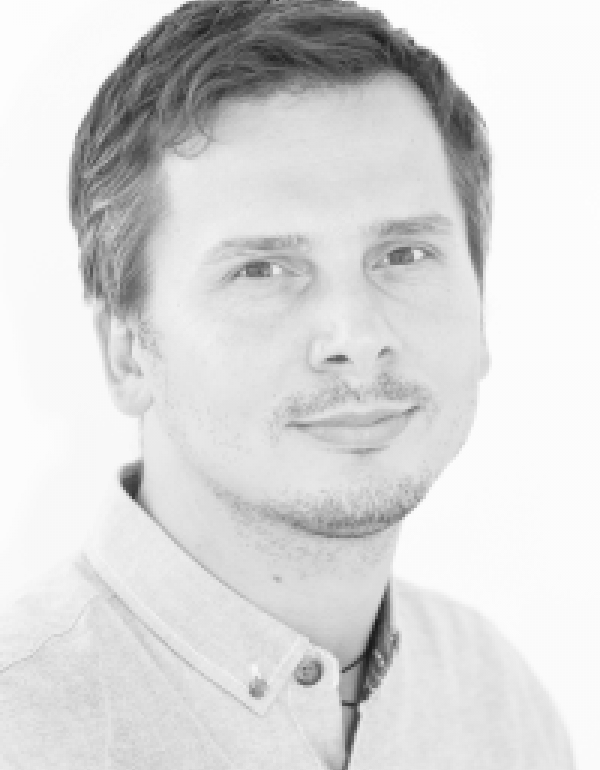
Dr. Marcin Wojewodzic is a systems biologist at the Cancer Registry of Norway and the Norwegian Institute of Public Health. His research expertise lies in environmental toxicology, 'omics,' artificial intelligence (AI), and network analysis. He is particularly interested in environmental cues, such as exposure to chemicals or diet, that shape molecular changes leading to disease. His overarching research goal is to identify molecular patterns in human samples from previously collected biobanks, including Janus serum samples, to reveal the presence of cancer at an early stage of the disease (pre-diagnostic biomarkers) and link them to exposure to various cues (exposure biomarkers).
Marcin has a broad background in molecular biology, model organisms, and genomic methods, encompassing laboratory work and bioinformatics analysis derived from large data-driven biomarker discoveries. He has formal education in bioinformatics, including AI methods. Marcin designs and coordinates next-generation sequencing projects and subsequent bioinformatic analyses. His daily laboratory tools are secure high-performance computers.
Marcin obtained his Ph.D. from the Faculty of Mathematics and Natural Sciences at the University of Oslo, Norway. He was awarded independent Marie Skłodowska-Curie funding in Birmingham, UK. He also received 'Top Funding' from the Research Council of Norway and a scholarship from the British NERC. In 2023, together with colleagues, he was awarded funding from EFSA for the BrainHealth project, focused on using transcriptomics data to build AOPs. Marcin mentors master's students, including those in IT and bioinformatics, as well as doctoral candidates. He works in PARC project supporting Adverse Outcome Pathway group. He applies a One Health approach to his research.
OpenTox Virtual Conference 2023
“Adverse Outcome Pathways – Putting Regulatory Action in the High Seat or in Pandora’s Box?”
Toxicity testing in the 21st Century was launched in 2007 as “the new toxicology” supported by computers and automation. Registration, Evaluation, Authorisation and Restriction of Chemicals (REACH) was expected to assess potential risks from an expanding number of chemicals or to consider a broader suite of effects than has commonly been considered in previous assessment efforts. At the same time, risk assessors faced increasing demands to assess more chemicals, with greater speed and accuracy, using fewer resources and lab animals. Adverse Outcome Pathways (AOP) represent a dynamic approach to synthesizing complex information through acyclic graphs, offering a powerful framework for understanding the intricate connections between a molecular trigger (i.e. virous or chemical exposure) and health outcomes. How has the idea of AOPs evolved? How do we work with AOPs in Partnership for the Assessment of Risk from Chemicals (PARC) project? These and other issues will be presented by Marcin W Wojewodzic, researcher at Norwegian Institute of Public Health and the Norwegian Cancer Registry.
